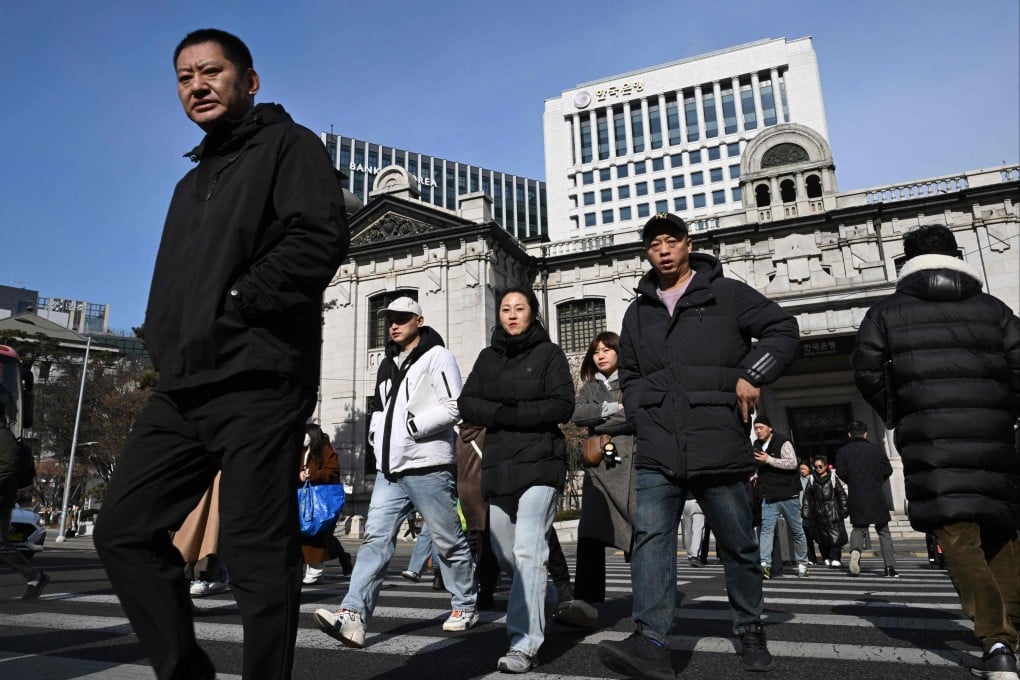South Korea’s new visa to resolve labour shortage faces backlash
A popular petition to abolish a region-specific skilled worker visa reflects rising worries among citizens about competing with non-citizens

A visa system introduced this month to address labour shortages in regions outside Seoul is facing strong backlash, with concerns that the influx of migrant workers could threaten jobs for Korean citizens.
A petition calling for the abolition of the E-7-4R visa garnered more than 72,700 signatures as of Thursday after being posted on the National Assembly’s petition site on March 20. The request is currently under parliamentary review, as required for all petitions that collect 50,000 signatures or more.
Also known as the region-specific skilled worker visa, E-7-4R is designed for foreign nationals who have been working in government-designated regions where the issue of falling populations is particularly serious, according to the Ministry of Justice.
If E-9 and E-10 visa holders stay in one of the designated areas for at least two years and meet certain skill requirements, they will become eligible to change their visas to E-7-4R, which would allow for a longer stay, the possibility of inviting family members and potentially an easier path to permanent residency.

The petitioner, surnamed Nam, urged ministry officials to reconsider the policy, saying it could worsen the job situation for many struggling citizens, especially young ones. “Improving the treatment of Korean citizens and creating stable jobs for them should be a priority before bringing in more foreign labour,” he said.
“The E74R visa would greatly expand the influx of foreign workers into the country. This is likely to result in job losses for many already struggling Korean workers, particularly in small and medium-sized businesses and in the manufacturing and service industries, where increased competition could lead to job losses and lower wages.”